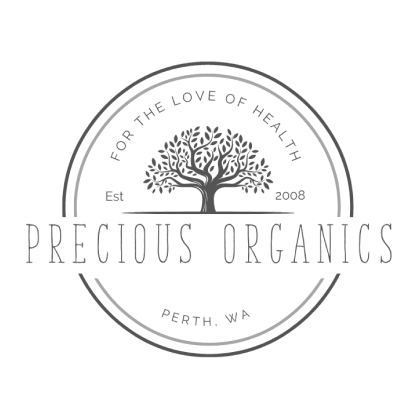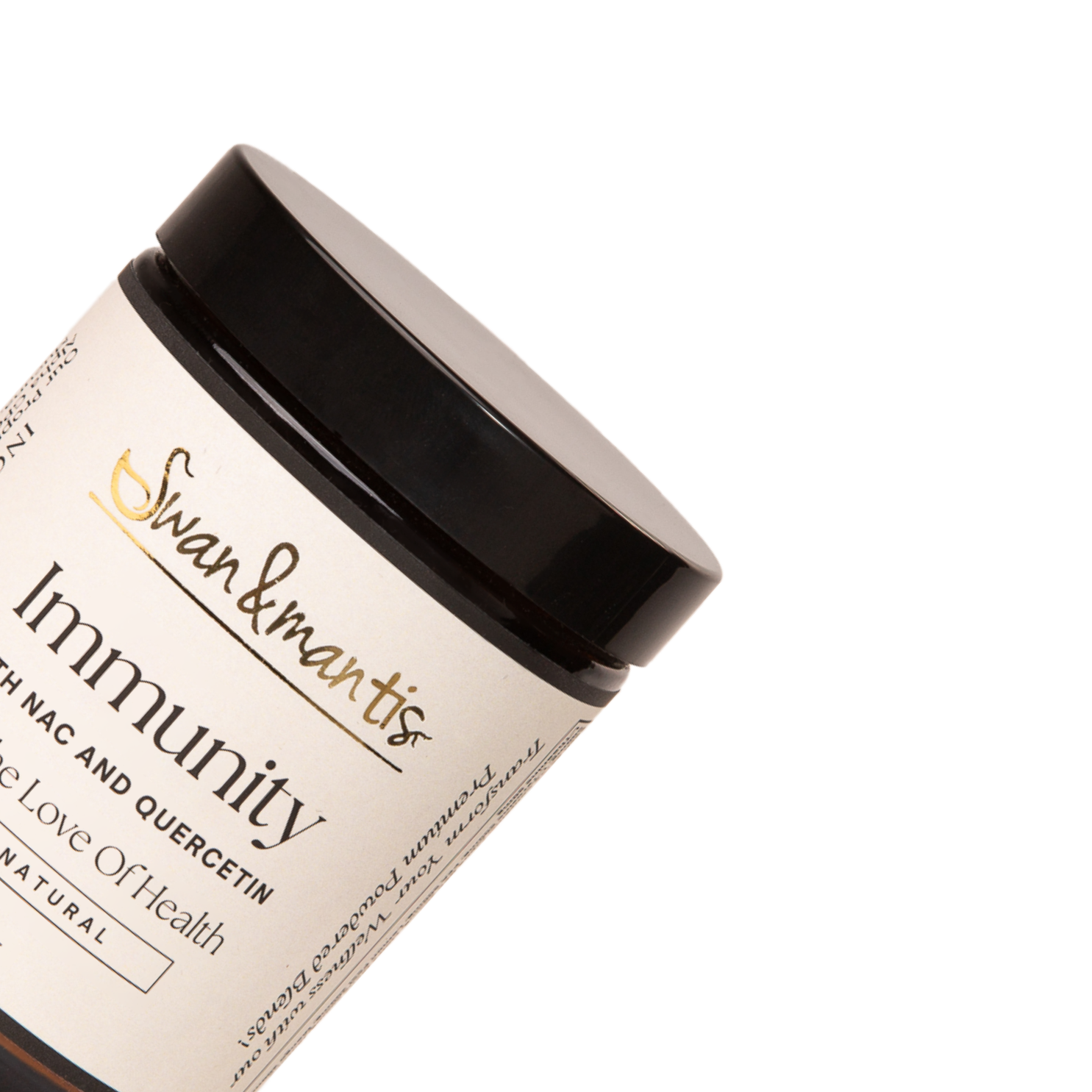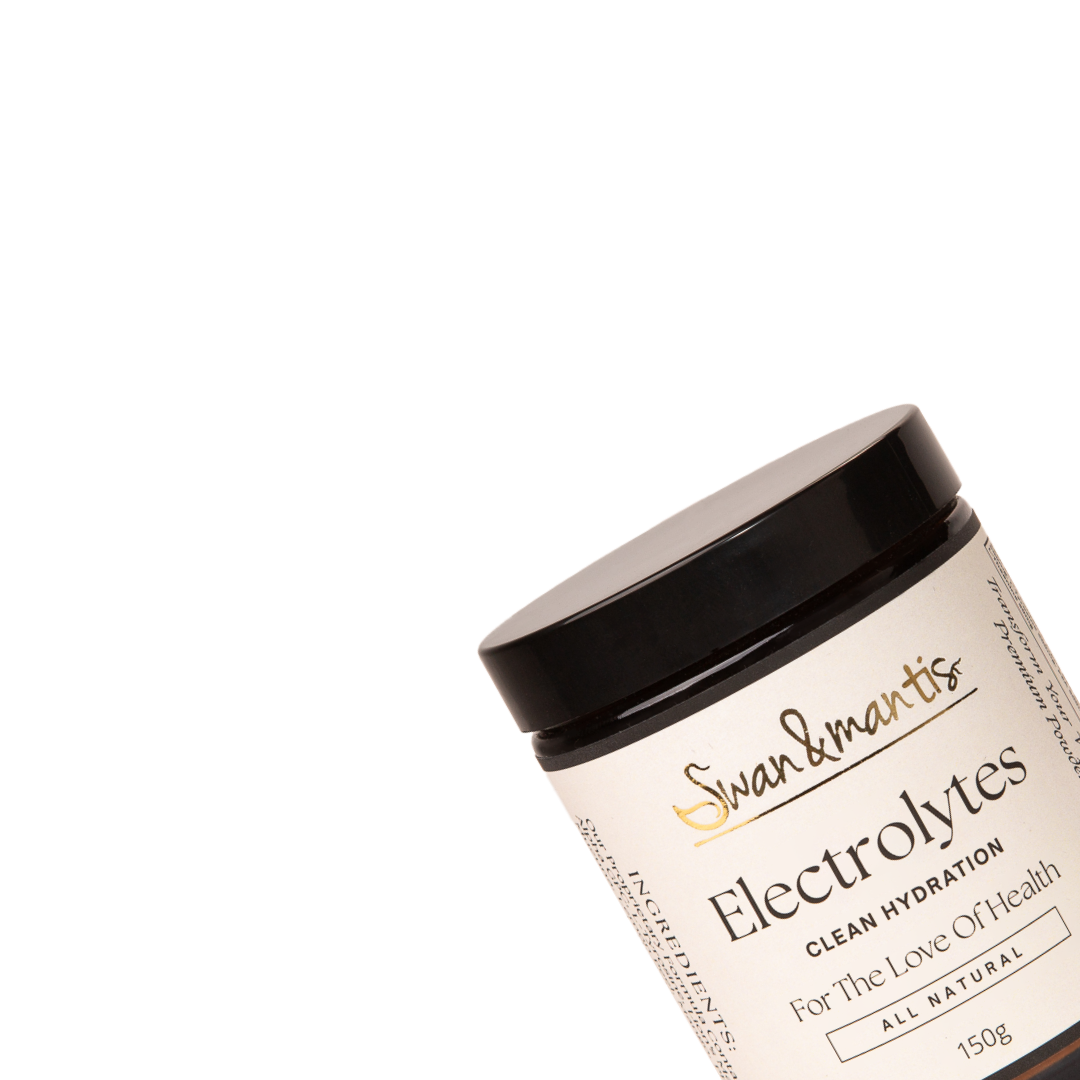The Cholesterol Myth, The Cholesterol Controversy, the Cholesterol Hoax
Main write by Donald Urquhart, BA, DipAppPsy.
Is High Cholesterol really Bad Cholesterol?
Is there such a thing as Bad Cholesterol?
Dr. R Trattler and Dr. A Jones, in their book "Better Health through Natural Healing", contains only 3 to 4 pages on the topic of bad cholesterol, but those pages support the cholesterol myth and strongly condemn the idea of high cholesterol being bad cholesterol, explaining the idea as an unfounded dogma (unsupported by scientific proof), but a myth that makes doctors, laboratories and drug companies all wealthier [all at our expense].
According to Trattler and Jones, the body needs the so called bad cholesterol for bodily processes - such as bile acid production, proper cell membrane function, the production of several hormones, such as the sex hormones. The bad cholesterol also improves skin healing and reduces infections.
They sum up the importance of the bad cholesterol to the human body as, and I quote, "...Without cholesterol, we would die, and too little is implicated in many disease states..."
Trattler and Jones also go on to say that the high cholesterol and bad cholesterol myth, holds that excess
cholesterol builds up on artery walls causing the symptom of blood vessels and arteries to narrow ( atherosclerosis ).
According to the cholesterol myth, excess of the bad cholesterol also affects blood platelets, increasing the liklihood of the symptoms of heart disease and angina, heart attack, stroke, kidney failure and so on.
In fact, is there such a thing as bad cholesterol?
These two doctors argue that there is no such thing as bad cholesterol. They point out that even using the most expensive effective lowering cholesterol drugs, the incidence of heart attack and or death is only reduced by, at most, a tiny 2%.
They go on to say that both LDL cholesterol and HDL cholesterol are beneficial and safe, even when considered to be at high cholesterol levels. They argue that even a high level of LDL cholesterol (the so called " bad cholesterol ") is not related to increased chances of stroke, nor to an increased chance of heart disease.
So what evidence do these two medical doctors provide about high cholesterol NOT being bad cholesterol?
They provide about 9 scientific studies and some medical comments to back them up.
They argue, for example, that American Italians with high bad cholesterol, actually had 50% less deaths from heart attack than the rest of the USA.
Another arguement was that diet, particularly the use of margarine, was likely more important in the production of coronary vascular disease.
Also, one should reduce saturated fats consumption, reduce refined carbohydrates - like sugar - consumption. When the two go together for long enough, it can be disaster time. They mention that there exists a strong association between sugar consumption and coronary heart disease, when comparing different societies.
It is their opinion, which they back up with scientific study, that the cholesterol myth has blinded doctors from seeing the real culprit:
that LP(a) aka " Lipoprotein little a " aka " Lipoprotein (a) " is the key player in cardiovascular disease - not LDL bad cholesterol, not high LDL cholesterol.
It has been found, they say, that increasing the consumption of vitamin C (like to several 1000 milligrams daily) and other antioxidants, keeps LP(a) down in the blood and allows the vascular system to repair. It appears to be a cure of cardiovascular disease.
OK, even if the bad cholesterol myth is totally wrong, even if there is no such thing as bad cholesterol, high cholesterol,
what would happen if we lower the so called bad cholesterol?
The authors, again using research findings, conclude that lowering the bad cholesterol is a bad thing.
Lowering cholesterol can lead to vulnerability to cancer, premature death, anxiety, depression, psychosis (insanity), libido problems and menstrual cycle problems.
So, reducing high bad cholesterol levels to low cholesterol levels may be quite dangerous.
So what else can you do to try and avert heart disease?
Simply put, demanding exercise - to the point of being breathless - for a minimum of five minutes each day [You really need your doctor to affirm this as being safe for you to do, before doing it].
Other factors in reducing risk of cardiovascular accidents include:
Caffeine intake to be minimal, no cigarette smoking - including avoiding passive smoking (breathing in someone elses smoke) - and keeping stress under control; all these may be helpful.
Where do I stand on the cholesterol myth?
Well, I am well aware of the much publicised findings by some Australian doctors that ulcers are a bacteria infection - the ulcer myth was that it was just a weakened stomach lining and that bacteria couldn't survive in the stomach for very long - that turned out to be a hoax, a myth that kept doctors and drug companies very wealthy - yet the findings by these doctors were largely ignored by other doctors and drug companies ... for a very long time. What started out as a controversy, ended up to be the exposure of a myth.
This may well be the case with cholesterol as well, it may be that the cholesterol myth is a hoax and nothing more, but as a person with high bad cholesterol, can we take a chance on it being just a myth?
My positon, for myself anyway, will be to accept the cholesterol treatments above, but I will take any medication to lower my bad cholesterol that my doctor deems I need, but my goal is to have my cholesterol levels for both good cholesterol and bad cholesterol in the average range - neither of them to be too high, neither of them to be too low.
I'm sitting on the fence, not taking sides at this time.
Please note that an update page on the bad cholesterol myth hoax controversy will be forthcoming. An update page is one that contains relevant research information on a topic, in this case it will be on this cholesterol myth.


